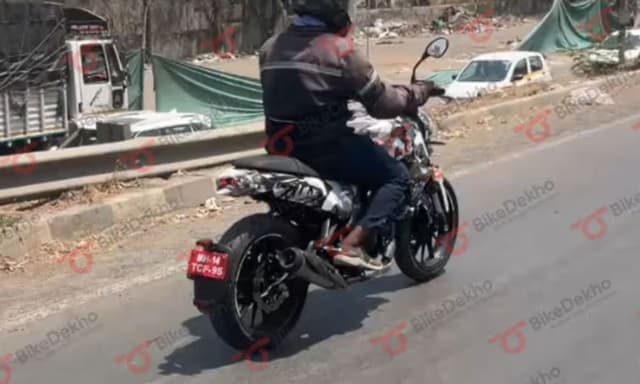What to Do in Case of a Car Accident
If you drive a car, it's important to understand what to do after a car accident - immediately and in the longer term. A car accident can be caused by any number of factors, including inattention, unsafe driving, dangerous road conditions, faulty vehicle components, etc.

Highlights
If you drive a car, it's important to understand what to do after a car accident - immediately and in the longer term. A car accident can be caused by any number of factors, including inattention, unsafe driving, dangerous road conditions, faulty vehicle components, etc.
Accidents can take many forms, from a 'fender-bender' with minor vehicle damage and no injuries to a multiple-vehicle accident with serious injuries, and sometimes even death.
Even the most minor accidents can cause major stress. It's important to stay as calm as possible, and follow a few key steps.
1. Exit your vehicle if it is safe and you are physically able to do so. Make sure to turn on your car's emergency/hazard lights.
2. If you're able to safely move your car, move it to the shoulder of the road so that it does not hinder the normal traffic flow.
3. If the accident is anything more than minor and you or anyone else (another driver, a passenger, a pedestrian, etc.) are injured, call the emergency number in your area so that medical services can be sent to the scene. Doing this will also bring law enforcement also to the scene, in most instances.
4. If no one requires medical attention, contact the local law enforcement agency and report the accident. In most cases, an officer will come to the scene.
5. If you feel well enough and it's safe to do so, take pictures of the car accident scene and anything that may become important if any claim is made in connection with the crash. That means taking photos of the location of the vehicles when they came to rest, damaged areas of the vehicles, debris on the road, road signs, and your injuries, where possible.
6. If possible, exchange contact details, driver's license, and insurance information with the other driver and anyone else involved in the accident. If anyone witnessed any part of the accident and is willing to stop and talk with you, make sure you get that person's contact information as well.
7. Get medical attention if you feel even the slightest inkling of injury. Pay particular attention to your neck and back, watching for any pain, stiffness, or just the sense that something is 'off'. Car accident injuries are notorious for being late-appearing, meaning you may not be aware of them right away.
8. It is always advisable to lodge an FIR after an accident at the nearest police station.
9. You need to contact your car insurance company and let them know what happened. They may send an agent to the scene and even help you arrange a tow to a repair shop.
Accidents can take many forms, from a 'fender-bender' with minor vehicle damage and no injuries to a multiple-vehicle accident with serious injuries, and sometimes even death.
Even the most minor accidents can cause major stress. It's important to stay as calm as possible, and follow a few key steps.
1. Exit your vehicle if it is safe and you are physically able to do so. Make sure to turn on your car's emergency/hazard lights.
2. If you're able to safely move your car, move it to the shoulder of the road so that it does not hinder the normal traffic flow.
3. If the accident is anything more than minor and you or anyone else (another driver, a passenger, a pedestrian, etc.) are injured, call the emergency number in your area so that medical services can be sent to the scene. Doing this will also bring law enforcement also to the scene, in most instances.
4. If no one requires medical attention, contact the local law enforcement agency and report the accident. In most cases, an officer will come to the scene.
5. If you feel well enough and it's safe to do so, take pictures of the car accident scene and anything that may become important if any claim is made in connection with the crash. That means taking photos of the location of the vehicles when they came to rest, damaged areas of the vehicles, debris on the road, road signs, and your injuries, where possible.
6. If possible, exchange contact details, driver's license, and insurance information with the other driver and anyone else involved in the accident. If anyone witnessed any part of the accident and is willing to stop and talk with you, make sure you get that person's contact information as well.
7. Get medical attention if you feel even the slightest inkling of injury. Pay particular attention to your neck and back, watching for any pain, stiffness, or just the sense that something is 'off'. Car accident injuries are notorious for being late-appearing, meaning you may not be aware of them right away.
8. It is always advisable to lodge an FIR after an accident at the nearest police station.
9. You need to contact your car insurance company and let them know what happened. They may send an agent to the scene and even help you arrange a tow to a repair shop.
Last Updated on November 29, 2015
Stay updated with automotive news and reviews right at your fingertips through carandbike.com's Google News














